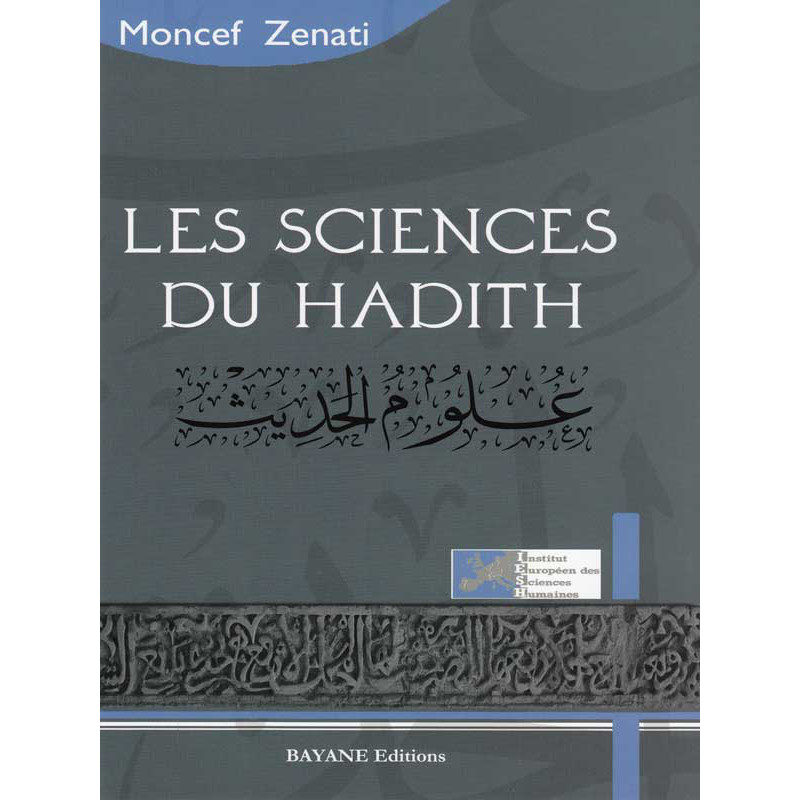

World's Fastest Online Shopping Destination
The sciences of the hadith according to Moncef Zenati: This work follows the book "The sciences of the Koran" by the same author and same publisher. It reflects the interest accorded by Muslims to the Sunna, the second scriptural source of Islam, just after the Koran.
The sciences of hadith according to Moncef Zenati:
The Sunna is the second scriptural source of Islam, just after the Koran. The hadiths and of paramount importance to know the rules and teachings of Islam.
It suffices to be convinced of this to take a look at the innumerable works of Muslim law "fiqh" through the generations in Islam, to realize that most of the prescriptions are drawn from the texts of the Sunna.
Just like the sciences of the Koran from any alteration or modification, the sciences of the Koran have contributed to the preservation of the Koran from any alteration or modification, the sciences of the Hadith have had the role of preserving the Sunna, thus challenging the attempts of certain orientalists who seek to discredit this fundamental scriptural source.
Both concise and simplified, this work gives the French-speaking public an overview of the sciences of hadith accessible to all and makes it possible to acquire fundamental and imperative knowledge to better understand hadith. It aims to present the main rules adopted to accept a hadith, to receive or transmit it, as well as the annexed studies concerning the degree of the transmitters and the information transmitted and the rules which result therefrom concerning the admissibility or the refutation of traditional information.
This book was composed to serve as a support within the framework of Islamic studies at a distance in French language offered by the Institute
This book has 16 chapters, here are their titles:
Data sheet
Specific References
No customer reviews for the moment.